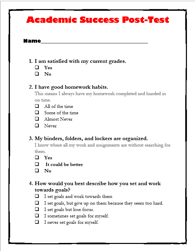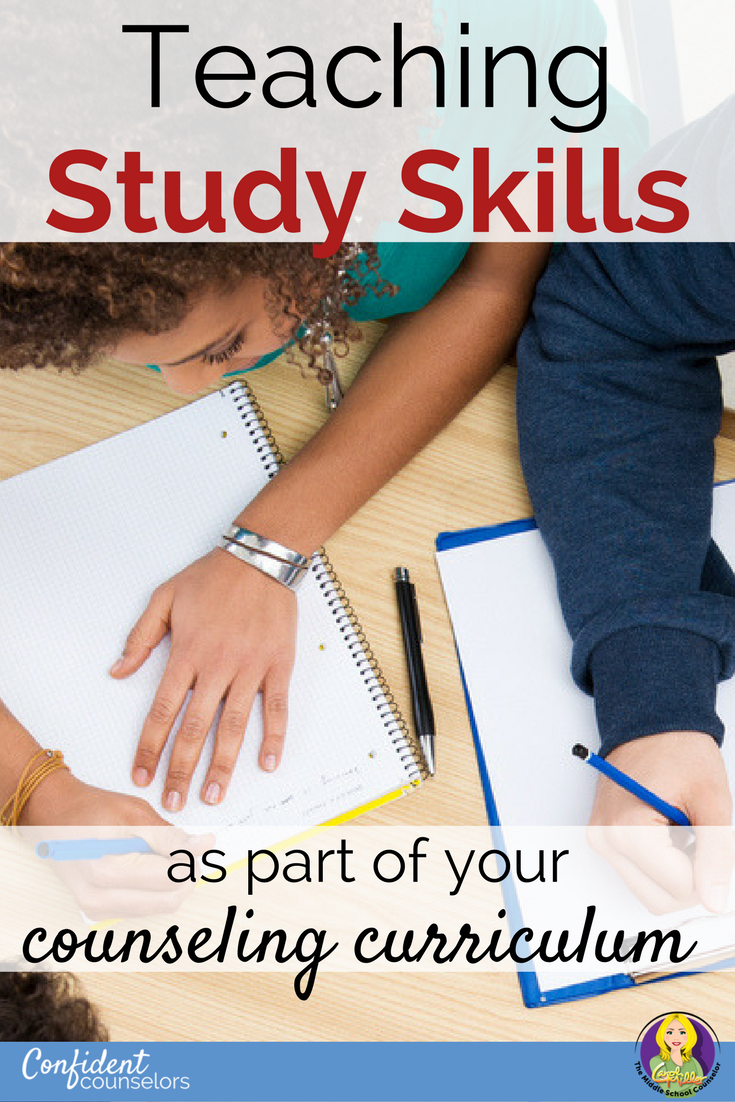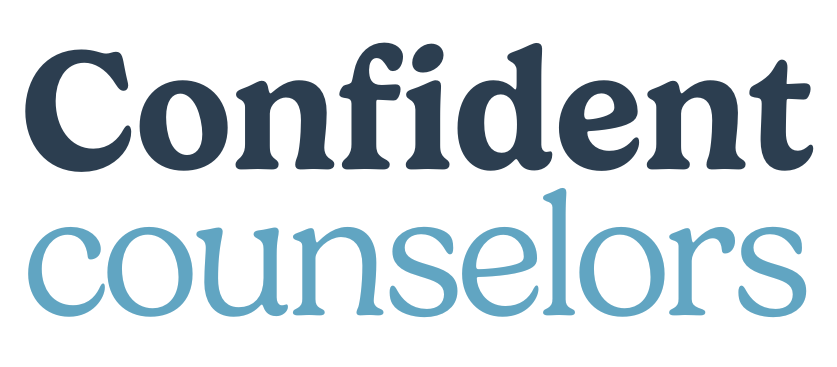As school counselors, it’s easy to talk to students about things that are bugging them, help with problems they are having, and be their champion when they need one. It’s much more difficult to teach skills that provide documented data-driven results. When student progress is hindered by their lack of study skills, it is our job to help them learn the skills necessary to make improvements that will help them find academic success. But how can we teach these study skills and know that students made a meaningful improvement? It takes time, patience, practice opportunities, and good data recording.
Here’s what I have done in my own program to help teach study skills.
Identify Target Student Group, Get Baseline Data
This means that you need to talk with teachers, review progress and report card data, and collect other information that may be blocking a student’s progress.Ask yourself questions.Is attendance a contributor to poor grades?Does the student take advantage of extra help opportunities? Are they receiving academic improvement services? Does the student’s home situation create an obstacle for homework? Keep a chart of this data, and leave room for notes and progress monitoring.
Download the Study Skills Student Data Sheets Here
[su_divider top=”no” style=”double” divider_color=”#5D94CD” link_color=”#000000″]
Set Goals and Make Them Public
This doesn’t mean to broadcast them over your school’s announcement system, but it does mean to share them with their teachers and their parents/guardians. Publicly announcing one’s goals increases accountability and likelihood of followthrough. It’s harder not to obtain them if everyone knows what they are and is helping to support them. Using a weekly goal setting sheet can be helpful in keeping everyone on task as well as by helping to break large goals into manageable chunks.

Teach Skills and Allow Practice Opportunities
Teaching the skills that you want your students to know isn’t enough. You have to allow plenty of practice opportunities for them to really understand and habituate the skill. With this said, it’s important that study skills groups last more than a few consecutive days, but rather span over a series of weeks.
Narrow Behaviors and Use a Check-In/Check-Out Sheet
For most of my students, organization and homework completion are the biggest obstacles to their success. I use a check in/check-out sheet that is completed by the student, the teachers, and the parent each day. Two or 3 behaviors are identified and charted each day. For my students, it may be: 1) Came prepared with completed homework and 2) Understands assignment and has materials necessary to complete it. In addition, I may identify another behavior for home: 3) Cleaned binder and made sure all papers are in appropriate folders.
To incentivize these behaviors, I made connections with some local store and restaurants like Applebee’s and use coupons if they achieved a certain number of checks or signatures for the week. I also check in my students every few days as well to see how they are doing with their goal sheet. I also pull up their grades and assignments and if they have slipped in their progress, we make a plan to catch them back up.
Make Study Skills Fun
When starting any type of study skills program, make it fun. I try really hard to make sure that students have fun, are actively engaged, have small tasks, and are setting goals that are manageable to them. Part of teaching study skills is to also reinforce the concept that school and learning are fun, and they can be a part of that fun.

Remember Change Won’t Happen Overnight
I wish it did, but change takes time and a whole lot of work. Remember to track progress along the way. When your sessions are over, make sure to have students complete a session evaluation that asks them to recall information they learned over time. Feel free to pass this data onto your stakeholders as proof of the good work you do. It’s also a great visual reminder for yourself on days when you feel like you aren’t making headway!
For examples of Study Skills Curriculum, check out the Study Skills and Motivation Counseling Programs that I run.







